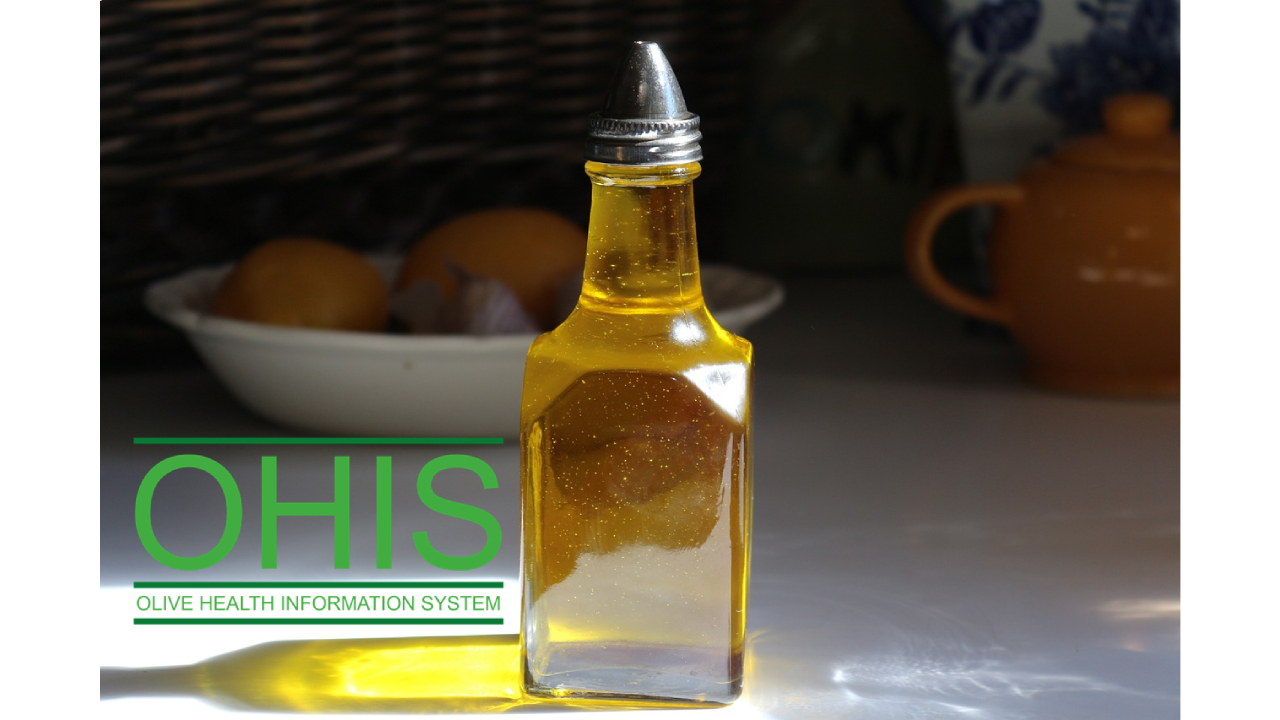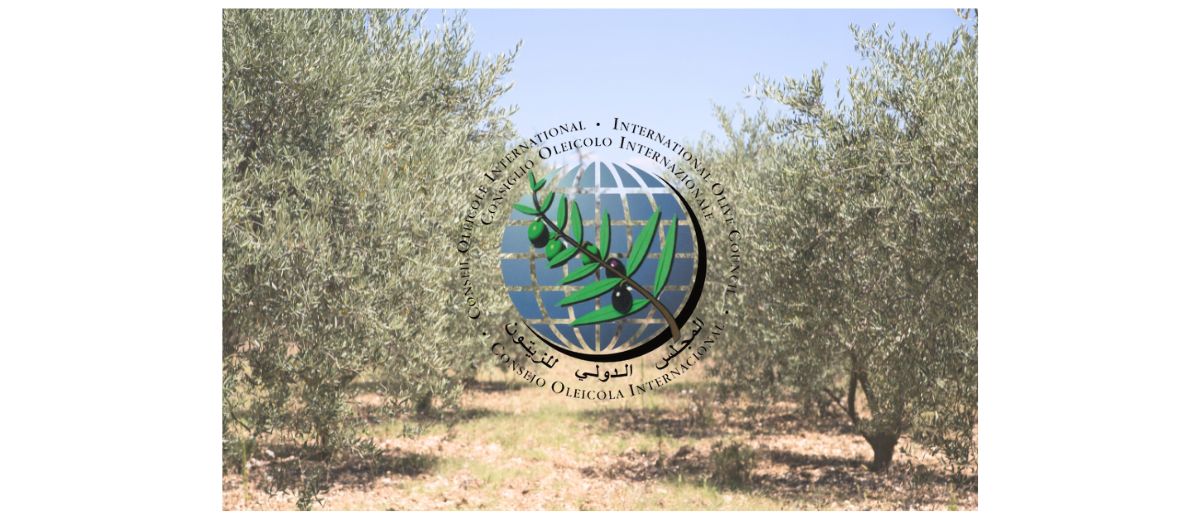Olive oil, a key component of the Mediterranean diet, is praised for its richness in nutrients and polyphenols which are believed to be responsible for its many health benefits. In terms of product quality, extra virgin olive oil (EVOO) stands out for its particularly well documented health benefits and is considered more valuable than other types of oils. For this reason, EVOO can be a target for adulteration and fraud. With that in mind, a new study successfully detected impurities in EVOO using chromatographic fingerprint data of pigments combined with machine learning methodologies. The technique allowed to spot adulteration with other edible oils, such as rapeseed oil and coconut oil, making up for 1 % or more in EVOO. The study provides a powerful method which could be further developed to use in the quality control of EVOO. It would contribute to greater food security, ensure higher quality standards, and strengthen customers’ trust in food quality.
The PREDIMED trial is a large intervention study designed to assess the effect of a Mediterranean diet enriched with olive oil or nuts on the primary prevention of cardiovascular disease. In another analysis of the PREDIMED trial, researchers identified urinary phenolic compounds associated with the risk of type 2 diabetes in participants at high CVD risk using a metabolomics approach. Phenolic compounds and their metabolites in urine proved to be predictive for diabetes risk. Among 41 phenolic compounds, dihydrocaffeic acid and genistein diglucuronide were strongly associated with reduced diabetes risk. The inverse association of dihydrocaffeic acid with plasma glucose bolsters the plausibility of an antidiabetogenic effect. The results highlight the importance of polyphenol-rich foods, such as fruits, vegetables, coffee and EVOO, as key components of a healthy diet.
Click HERE to see the latest posts…










